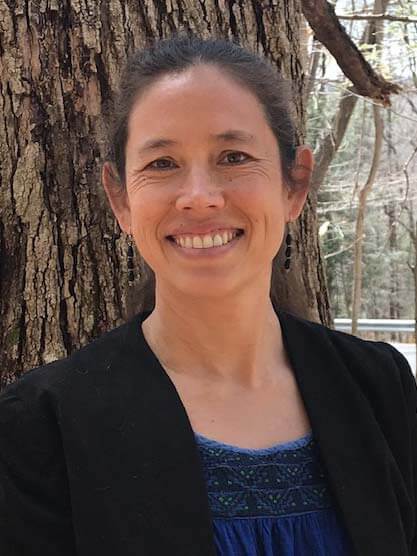MassHealth is again considering not allowing over-65 Pooled Trusts
Pooled Trusts are supplemental needs trusts administered by a nonprofit for the benefit of disabled individuals on Supplemental Security Income (SSI), a (d)(A) trust, and those over age 65, a (d)(4)(C) trust. Federal Medicaid and MassHealth regulations permit a deposit of any excess funds that exceed the $2,000.00 asset limit into a pooled trust, without loss of eligibility of benefits. The funds in a pooled trust can only be used to supplement the needs and comfort of the disabled or elderly person such as entertainment, dental care, a paid companion or extra health care worker, and other extra quality of life expenditures. As a requirement, MassHealth must be named first beneficiary and it is reimbursed from any remaining funds in the pooled trust at death of the beneficiary.
Massachusetts, nineteen other states, and the District of Columbia allow pooled trusts for MassHealth beneficiaries over age 65. Eight years ago MassHealth proposed changing its rules regarding the (d)(4)(C) pooled trusts for those over age 65 (not the trusts for those disabled individuals under age 65). That proposed rule change was to comply with a 2008 Medicaid bulletin that stated pooled trusts for those over 65 are subject to transfer penalties. Thankfully, MassHealth was thwarted on changing its rules in 2008.
In the January 3, 2017, edition of the Boston Globe, staff writer Deirdre Fernandes published an article about a MassHealth public hearing held in December. MassHealth is again considering changing its rules by disallowing pooled trusts for those over age 65 because of that 2008 MassHealth guideline and also to help ease the financial burden on the state budget. Ms. Fernandes’ article included a story about an 81-year-old gentleman from Newburyport. His 82-year-old brother is in a nursing home in Chicopee and has a pooled trust. The funds in his brother’s pooled trust paid for much-needed dental expenses and pay for a companion to visit weekly to take him out for meals and other entertainment. Because of this gentleman’s age, he cannot travel to Chicopee often, and he is grateful the funds in the pooled trust pay for someone to be there to check on his brother and bring joy to his life.
A call or letter to your state legislator, even though this is not a legislative matter but an agency matter, would let them know how their constituents feel. Advocacy to your legislators will inform them about the need to have MassHealth continue to allow over-65 pooled trusts. They are of little cost to the state, yet enhance a nursing home resident’s quality of life.
The views expressed in this column represent general information. To address your particular and specific needs consult your own attorney. If you need help with referral to an attorney, contact the Franklin County Bar Association at (413) 773-9839 or the Worcester County Bar Association at (978) 752-1311. Elder law resources may be found through the National Academy of Elder Law Attorneys, Massachusetts Chapter, at massnaela.com or 617-566-5640.
Community Legal Aid (CLA) provides legal services free to people age 60 and older for civil legal matters with an emphasis on access to health care coverage (MassHealth and Medicare) and public benefits as well as tenants’ rights. A request for legal assistance can be made by phone at 413-774-3747 or toll-free 1-855-252-5342 during their intake hours (Monday, Tuesday, Thursday, and Friday from 9:30 a.m. to 12:15 p.m. and Wednesday from 1:30 p.m. to 4:15 p.m.) or any time online by visiting www.communitylegal.org.




